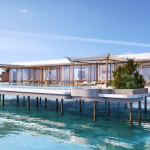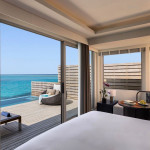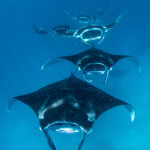A New Face to Soneva Fushi's Sustainable Journey, Makers' Place
The original innovator for barefoot luxury in the Maldives, Soneva Fushi is adding to their portfolio of years of productive sustainable innovations with their new Makers’ Place, a fully carbon-neutral island studio. Since their opening in 1995, Soneva Fushi has been a ground-breaking name in the community for advocating and creating awareness in regards to sustainability with it being one of the world’s first hospitality groups to produce and bottle their own water after banning plastic straws in 1998.
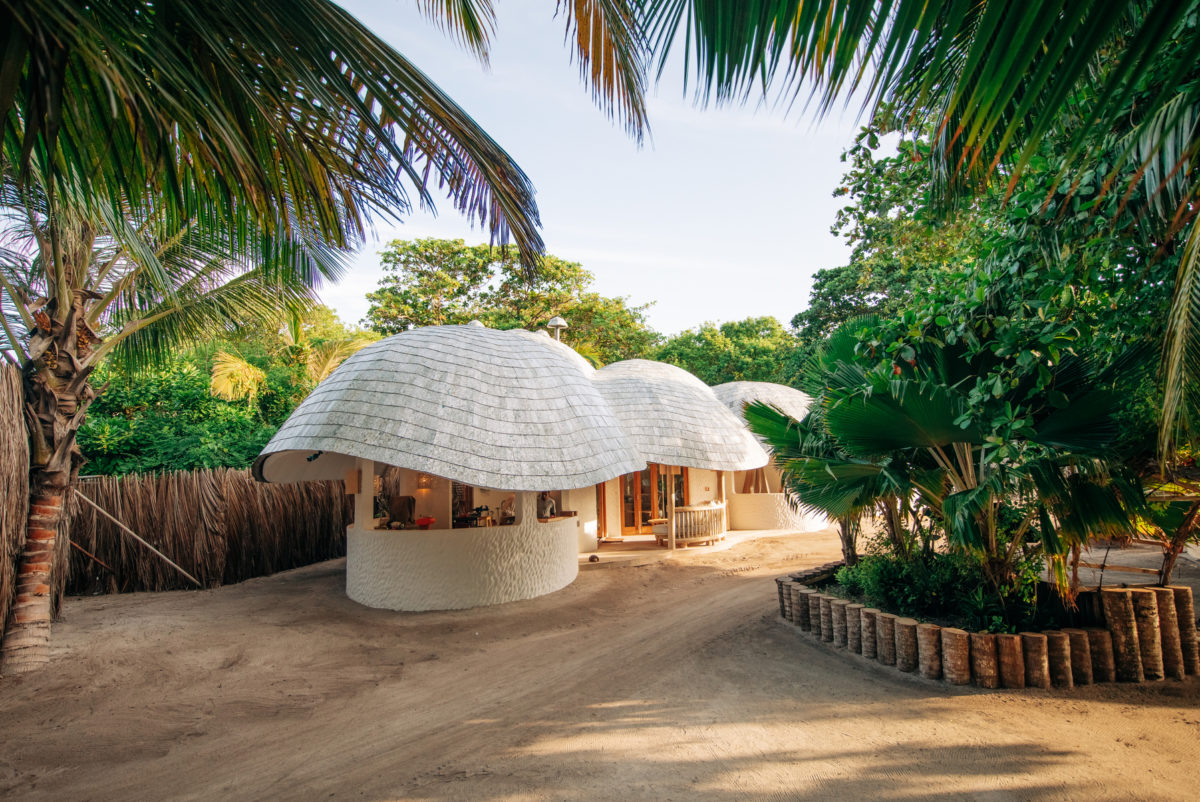
Soneva Fushi's increasingly innovative and admirable venture will recycle wasted plastic and aluminium and make it into beautiful works of art, practical objects and building materials. This studio, built in collaboration with British artist Alexander James Hamilton, founder of the Distil Ennui Studio perfectly marries the island and the artist's long-standing advocacy of following the three R’s - reduce, reuse and recycle. The famed artist and his team built Makers’ Place from the ground up using hand-fabricated machinery and processes that were tailored to the facility’s island setting, emphasising on Hamilton’s passion for a facility as significant as this.
This avant-garde facility has already made incredible progress. Within the first three days of operation, the studio processed 15,000 aluminium cans and created a better end-life for these once wasteful products. This tackles one the studio's biggest aims of reducing the huge volumes of discarded plastic bottles and aluminium cans that endanger the ocean and its marine life. Makers’ Place will also invite fellow artists and guests into this space to showcase their creative sides whilst helping the environment simultaneously.
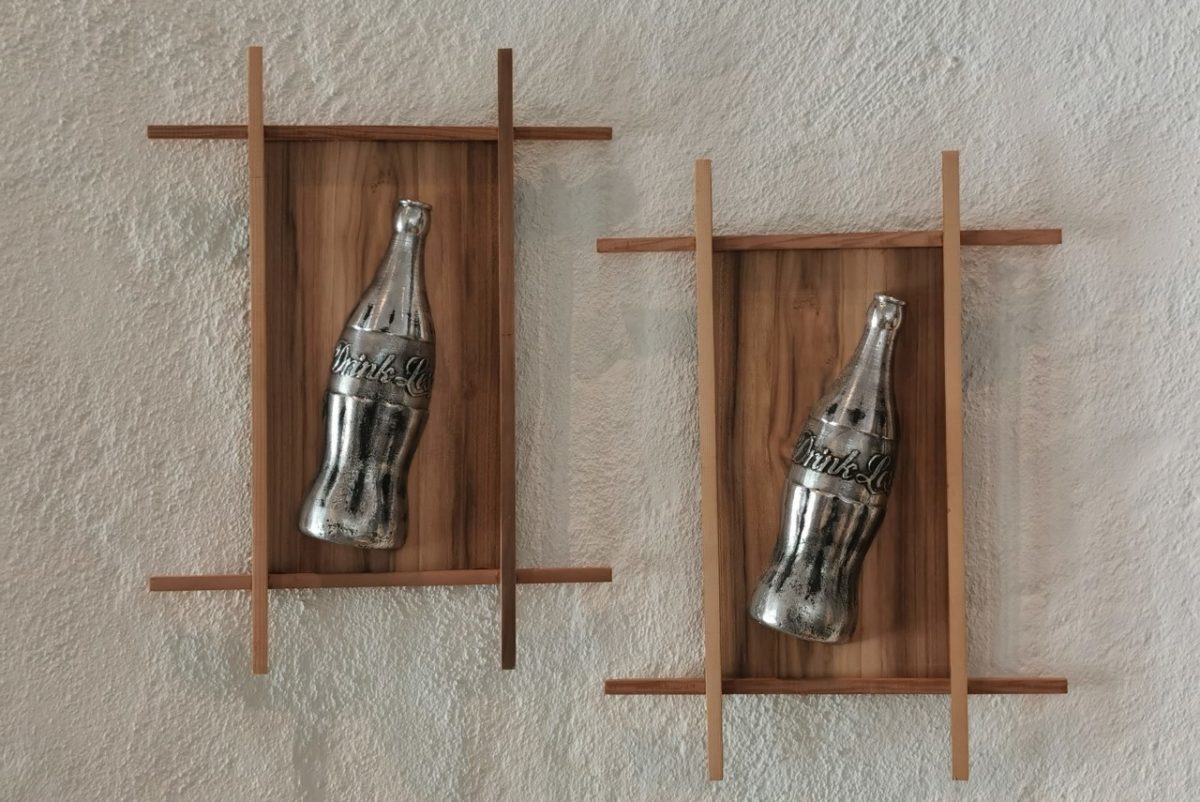
This carefully crafted facility also includes a closed loop wash station for the final cleaning stage of the material which uses an incredible two-stage filtration system using granular media and coconut charcoal produced on site. The ingenious feat is an incredibly effective natural filter and unlike standard recycling facilities which are extremely water intensive, it enables the studio to reuse its water for months on end. It is unlike anything we have ever seen in the world. Soneva’s carbon footprint is increasingly reduced due to this studio as the system uses a modified exhaust system to capture harmful volatile organic compounds (VOC) and carbon emissions during the time plastic objects are heated, melting or shredding of aluminium, using activated carbon granules to ensure that the only air that leaves the facility is clean. When it’s the end of their life span, the water and VOC filters are transformed into concrete building blocks, which can then be used for construction. It is efficient in every way possible.
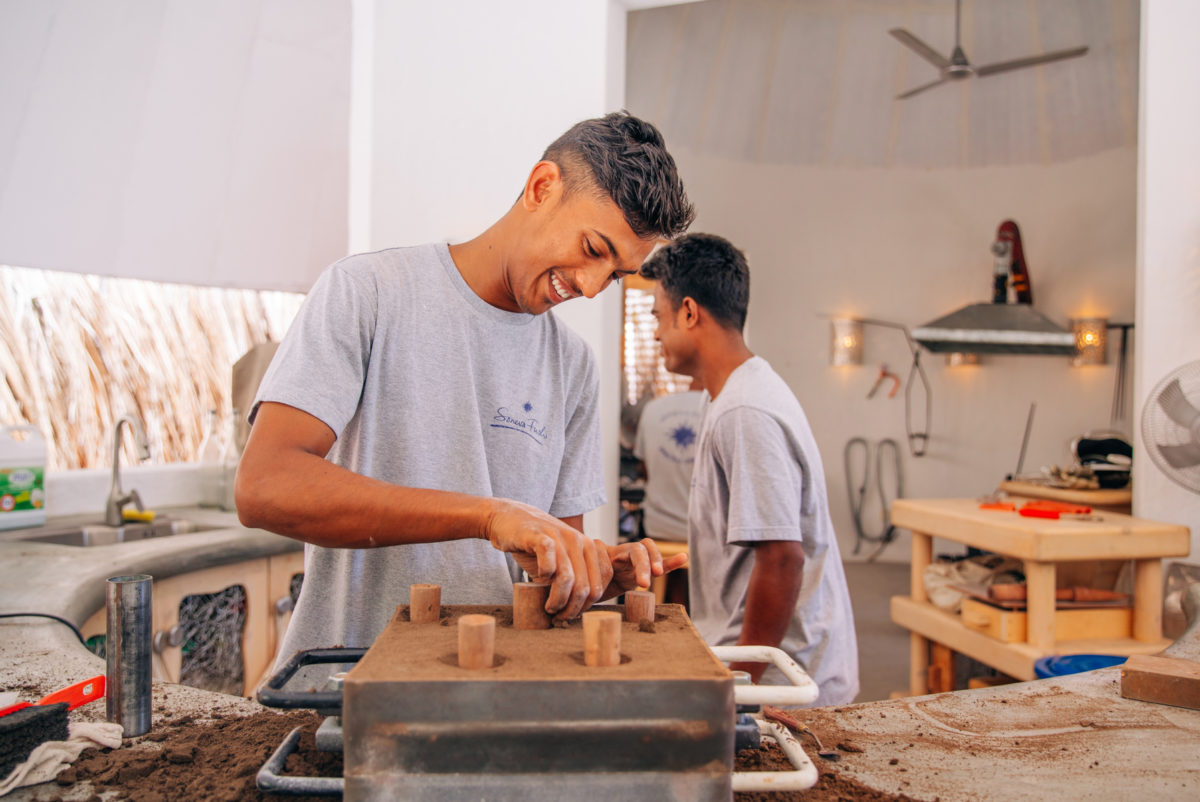
Soneva Fushi’s Makers’ Place is an unimaginable feat that the island has reached and is working to not only improve the country but to also create a positive change in the world as well.

